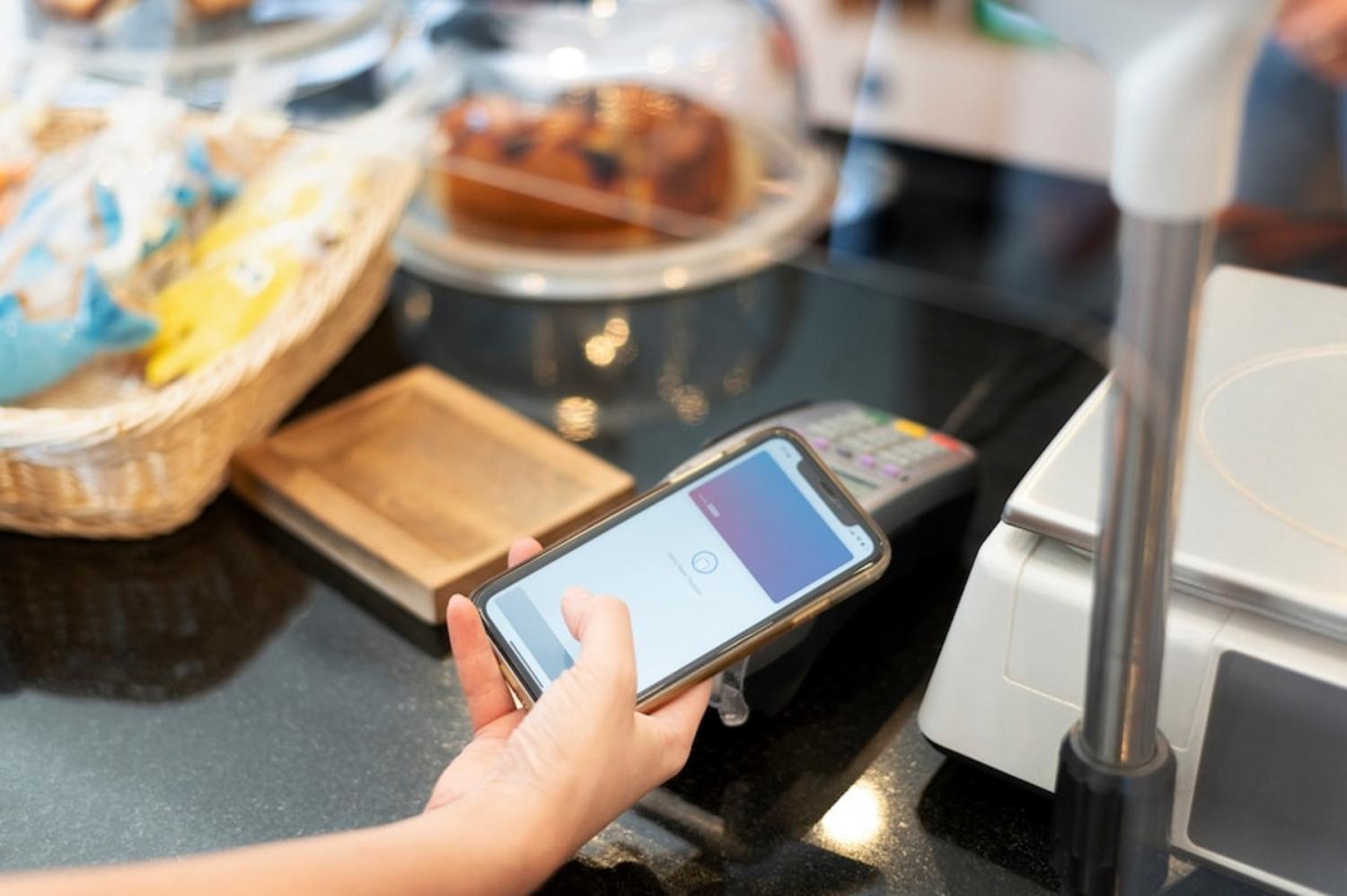
Thailand is at the forefront of digital payments, part of a trend throughout Asia, according to Aileen Chew, Mastercard's country manager for Thailand and Myanmar.
Ms Chew said a recent study, Mastercard's second annual New Payments Index, found consumers in Asia-Pacific remain among the most enthusiastic adopters of digital payments in the world, with 88% having used technologies such as digital wallets, QR codes, "buy now, pay later" services, cryptocurrencies and biometrics in the last year.
The index is a global survey analysing consumers' evolving attitudes, preferences and behaviours around emerging payment methods. It covers more than 35,000 respondents in 40 countries.
She said 69% of Asia-Pacific consumers increased their usage of at least one digital payment method during the same period.
"Consumers in Thailand topped the list with 94% having used digital payments across multiple forms, including QR codes and wallet payments," said Ms Chew. "Thailand is a leading example of the future of digital payments and how Mastercard thinks about payments."
The pandemic proved to be a catalyst in increasing the pace of digital payment adoption for consumers, not just in Thailand but across the world.
As digital payments become more prevalent, six in 10 Thai consumers believe digital payment methods are more secure and safe to use. Yet there remains concerns around security, signalling an opportunity for service providers to offer consumers additional education and reassurance, she said.
Ms Chew said Mastercard is investing in and innovating a range of cybersecurity solutions that help businesses of all sizes strengthen security standards.
The index also found Thais have broad recognition that using biometric identification, such as fingerprints or facial recognition, is easier than remembering PINs or passwords (80%), as well as more secure than these traditional methods (80%).
In terms of convenience, Thai consumers have positive opinions about biometrics, with 76% agreeing it's easier to make payments using biometrics than using a card or other device, which is higher than the Asia-Pacific average of 64%.
While there is a great deal of trust in the technology, privacy is an issue -- 79% of Thais were concerned about which entities would have access to their biometric data. Despite this, 62% used biometrics more frequently in the last year, demonstrating an enthusiasm for the technology and potential if providers are able to properly address consumers' misgivings about privacy.